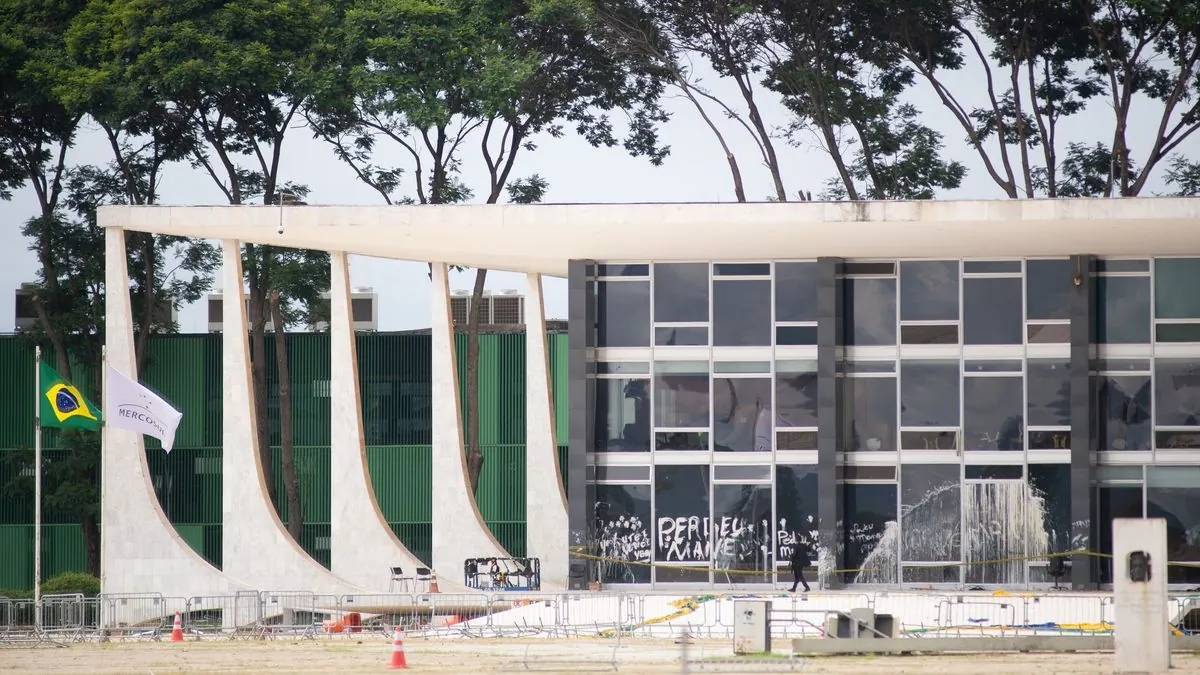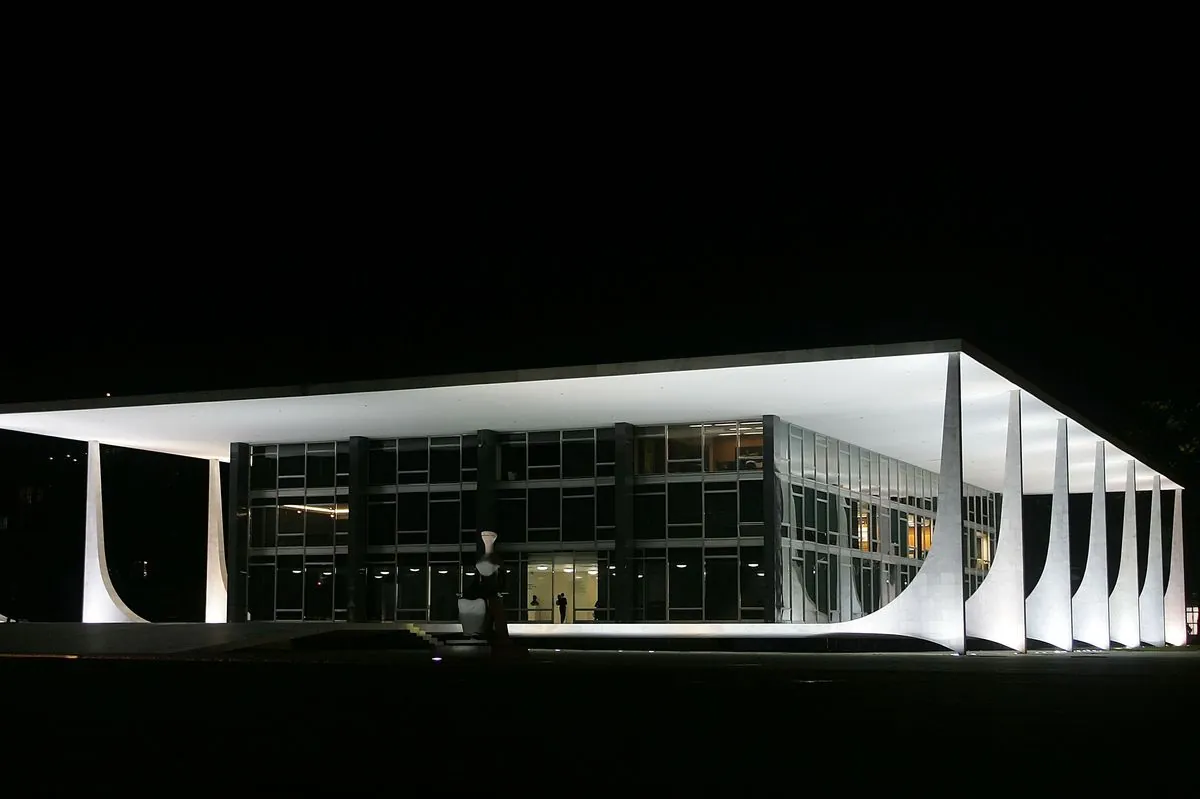Brazil's Supreme Court Orders X Suspension Amid Free Speech Dispute
Brazilian justice orders X suspension over Musk's refusal to comply with local regulations. The move could affect over 20 million users in Brazil, sparking debate on free speech and disinformation control.

In a significant development, a Brazilian Supreme Court justice has ordered the suspension of X, formerly known as Twitter, in Brazil. This decision marks a critical escalation in the ongoing dispute between platform owner Elon Musk and Justice Alexandre de Moraes regarding the boundaries of free speech in an era marked by polarization and disinformation.
The order, issued by Justice de Moraes on August 30, 2024, could potentially impact over 20 million X users in Brazil, the platform's fourth-largest market globally. This move has thrust Brazil into the spotlight of the global debate on free speech and disinformation control.
The conflict stems from Musk's refusal to establish a physical presence in Brazil, a request made by Justice de Moraes to facilitate the suspension of accounts allegedly spreading fake news. Musk argued that appointing a representative would expose them to potential arrest, leading to a series of retaliatory measures by the court.

In response to Musk's non-compliance, Justice de Moraes froze the bank accounts of Starlink, Musk's satellite company operating in Brazil. This action prompted Musk to announce that Starlink would provide free internet service to Brazilian users until the matter is resolved.
"SpaceX will provide Internet service to users in Brazil for free until this matter is resolved, as we cannot receive payment, but don't want to cut anyone off"
The situation in Brazil is not unique in the global context of social media regulation. Just days earlier, on August 26, 2024, French authorities arrested Pavel Durov, the founder and CEO of Telegram, in connection with an investigation into illegal child abuse activity on the messaging app.
Brazil's approach to combating disinformation has been evolving since the 2022 election, which was marked by significant polarization. The country passed a law against the spread of disinformation in 2020, reflecting its commitment to addressing this issue. However, the current dispute raises questions about the balance between controlling misinformation and preserving free speech.
The Brazilian Constitution guarantees freedom of expression while allowing for certain restrictions to protect other rights. This legal framework, along with the Brazilian Internet Bill of Rights enacted in 2014, forms the basis for the ongoing debate.
Justice de Moraes, who has been serving on the Supreme Federal Court since 2017, has been at the forefront of efforts to combat online disinformation. His actions have included ordering the removal of numerous social media accounts accused of undermining Brazil's democratic institutions.
The potential suspension of X in Brazil highlights the complex relationship between social media platforms and national regulations. Brazil, with its high social media penetration rate of over 70%, stands as a significant market for these platforms. The country's robust telecommunications infrastructure, serving over 150 million internet users, underscores the potential impact of this decision.
As the situation unfolds, it remains to be seen how this dispute will be resolved and what implications it may have for the future of social media regulation in Brazil and beyond. The outcome could set a precedent for how other countries approach the delicate balance between free speech and the control of disinformation in the digital age.


































